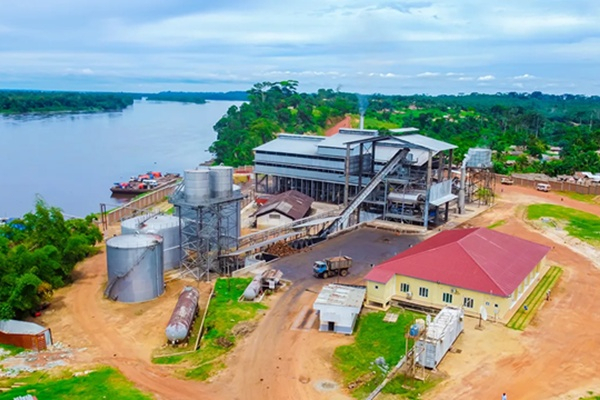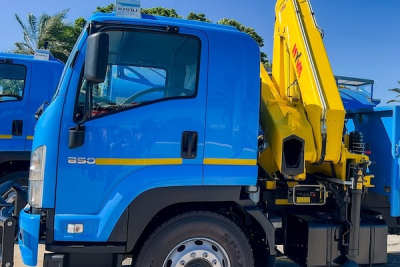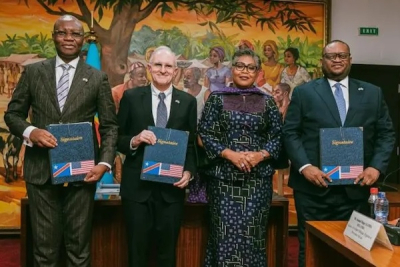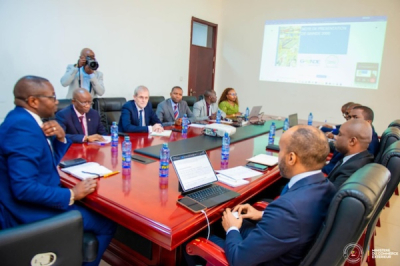In the Democratic Republic of Congo (DRC), palm oil agribusinesses want their products exempted from value-added tax (VAT). The firms, including Miluna, PHC, Brabanta, and Groupe Blattner, requested this and other incentives on February 5, 2025, in a meeting with the Minister of Agriculture. According to the source, the Fédération des Entreprises du Congo (FEC), one of the largest employers' organizations in the DRC, the proposals aim to protect the local palm oil industry.
The requesting parties claim that without State support, national production could stagnate or decline due to competition from imported palm oils. They contend that this competition is unfair, as many imports are allegedly made fraudulently or under exemptions, often through "dumping systems."
The FEC thus urges the government to implement protective measures for the local market. Their recommendations include raising import duties and VAT on imported crude and refined oils, and even calling for a ban on imported palm oils. If banning is not feasible, they suggest centralizing imports in Matadi to enhance regulation and control.
While palm oil businesses seek VAT exemptions, the Congolese government is extending an automated collection system to all businesses. Launched this month, the move aims to streamline VAT exemptions, which accounted for a significant portion of tax expenditures—52% of total tax expenditure or 3.4% of GDP in 2023 and nearly 30% of the central government’s revenues.
In 2023, the DRC produced 50,659 tonnes of palm oil, at the agro-industrial level. According to the Banque Centrale du Congo (BCC) which reported the estimate, it is similar to 2022 levels. According to Kalaa Mpinga, Chairman of FEC's National Agriculture and Forestry Commission, the output does not meet local demand, which is estimated at over 500,000 tonnes per year. The deficit is compensated by non-industrial production and imports.
This article was initially published in French by Ronsard Luabeya (intern)
Edited in English by Ola Schad Akinocho










